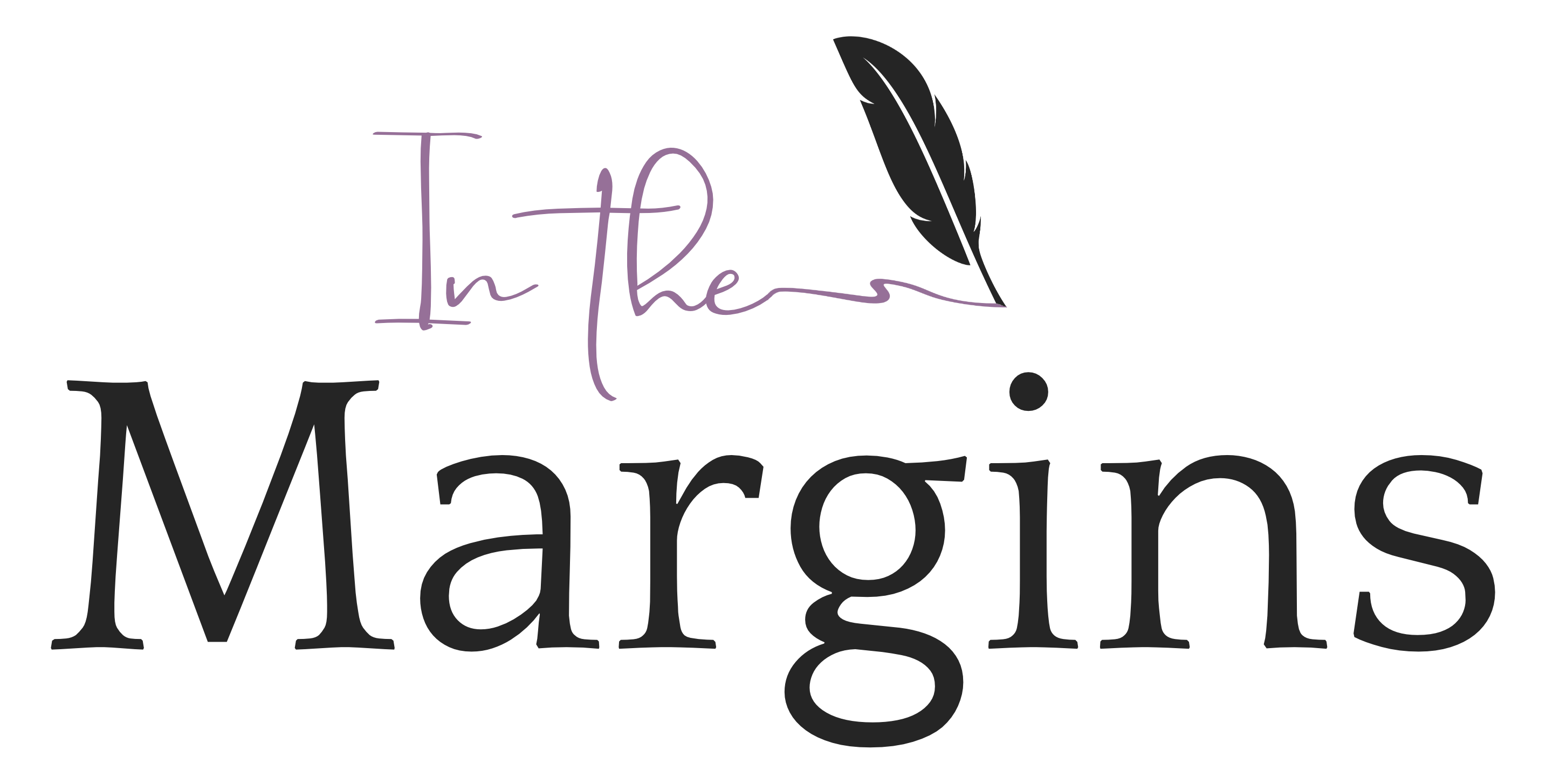
by Kayleigh | Dec 18, 2025 | Freelancer Tips, Marketing Tips
See Expanding Your Network, Part I: Associations In my previous post on Associations, I highlighted a few writers’/editors’ associations to help you begin (or continue) growing your network. In this post, I’m focusing on the other side of that:... 
by Kayleigh | Dec 18, 2025 | Freelancer Tips, Marketing Tips
Social media is great for beginning to build your writing (or editing) community. Whether you’re a professional looking for like-minded new friends, your book is out and you need it boosted, you’re in the querying trenches and need to feel understood, or you’re... 
by Kayleigh | Nov 6, 2025 | Editing Tips
Don’t hit “replace all” when using find and replace unless you’ve given thorough consideration to what you may replace by accident. The word you’re replacing may be contained within other words or be used in instances you haven’t thought about, leading to a... 
by Kayleigh | Oct 30, 2025 | Writing Tips
I may not be one for horror, but in honor of Halloween, let’s talk about this dark genre. Horror invites readers to confront their own fears and, often, what in (or about) the world makes them uncomfortable. Ideally, it won’t just scare; it will also get the reader to... 
by Kayleigh | Oct 24, 2025 | Editing Tips
A lot of folks struggle with the difference between the hyphen (-), the slightly longer en dash (–), and the even longer em dash (—). And they can be confusing! Here’s a very quick overview: Hyphen (-) A hyphen is used to create a compound (cake-loving woman) or when...





